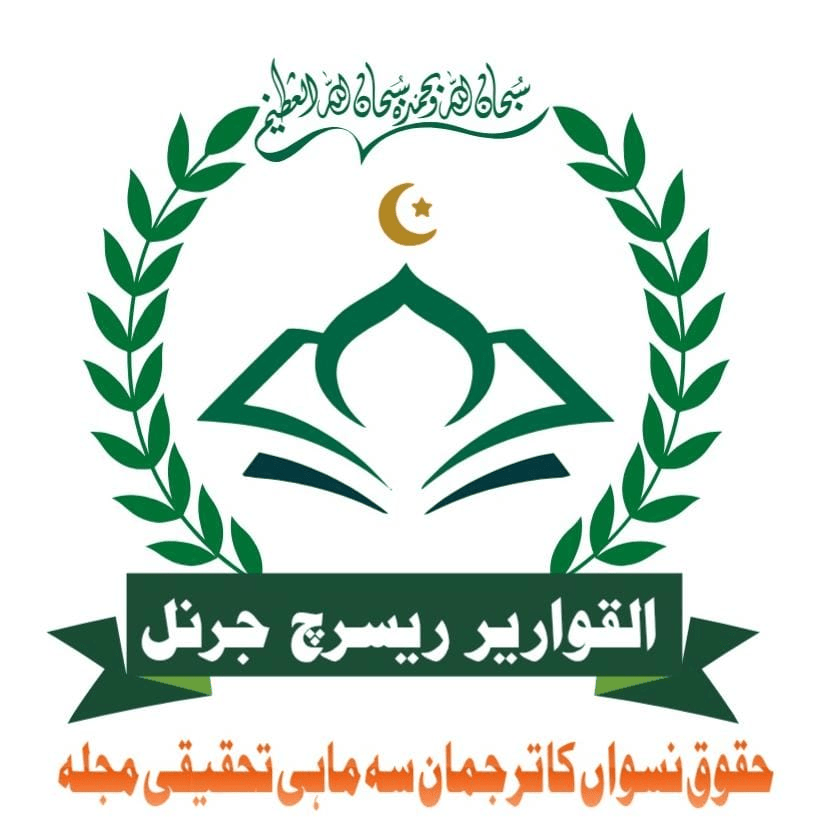قوامیتِ رجال: اسلامی تصور، معاشرتی نظم و استحکام کا فکری و تحقیقی جائزہ
Qawamiyyat al-Rijal: An Islamic Perspective and Analytical Study on Social Order and Stability
DOI:
https://doi.org/10.1000/fgap8473Keywords:
Islamic Social Order, Qawāmiyyat al-Rijāl, Law of Nature, Divine System, Social ResponsibilityAbstract
Allah Almighty is not only the Creator of all creation, but also their Lord and the Master of this universe. He has made each creature part of a collective system along with its individual existence. For its life and survival, the entire systems of the universe are interconnected. It is as if the well-being and safety of entire system of time requires discipline and centralization among all of them. Each component is part of a whole and is integrated, functional, and active with its other components, while a center has organized and regulated this system, everything from the rotation of the sun and moon to the human body is subject to the same law of nature. Just as if the planets were freed from the sun's gravity, this solar system would become a cause of destruction for other systems of nature. Similarly, if the individuals of human societies and social institutions become autonomous, the social system would begin to decline and perish. Freedom from the influence of the center will seem like a temporary and apparent success for it, but it will be a deadly poison for its establishment and survival. Just as for the health and safety of a human being, all the organs must be subordinate to the brain. For a happy human society, the order and coordination of its institutions and individuals is essential, which depends on the connection of individuals to a center. Therefore, in the system of life that Allah Almighty has given in the form of the religion of Islam, He has made special provision for this, no matter what area of life, individuals have been connected to each other and the best person has been made responsible by making him its supreme administrator so that no one can violate anyone's rights or allow them to do so. Thus, by placing the burden of responsibility on this capable person, the weak have been made worry-free. In view of this principle, when we look at Islamic society and its institutions, we find men as guardians and maintainers. Allah did not make them rulers, but made them the guarantors of the establishment and survival of women and the weak, and the means of regulating social life.
Downloads
Downloads
Published
Issue
Section
License
Copyright (c) 2025 Dr. Noreen Butt , Sana Butt (Author)

This work is licensed under a Creative Commons Attribution-NonCommercial-NoDerivatives 4.0 International License.




